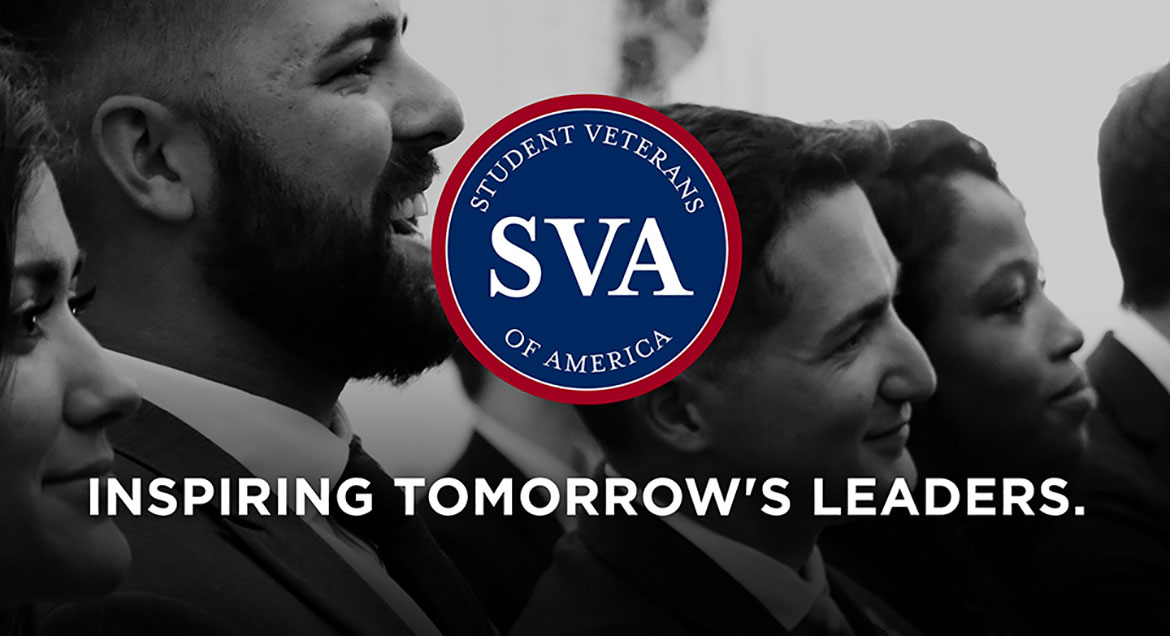Job Information
University of Miami Post Doctoral Scholar (A) in Coral Gables, Florida
Current Employees:
If you are a current Staff, Faculty or Temporary employee at the University of Miami, please click here (https://www.myworkday.com/umiami/d/task/1422$7248.htmld) to log in to Workday to use the internal application process. To learn how to apply for a faculty or staff position using the Career worklet, please review this tip sheet (https://my.it.miami.edu/wda/erpsec/tipsheets/ER_eRecruiting_ApplyforaJob.pdf) .
The University of Miami seeks a creative individual for a 2-year postdoc working on coral and mangrove valuation.
We are looking for a postdoctoral scholar to develop and implement methodologies to value the diverse contributions of corals and mangroves to human wellbeing in Belize, Florida, and the US Virgin Islands. This position is part of a research project funded through the National Science Foundation’s (NSF) Coastlines and People Hubs for Research and Broadening Participation (CoPe). The project is entitled: “Large-scale CoPe: Reducing Climate Risks with Equitable Nature-based Solutions: Engaging Communities on Reef-Lined Coasts.” CoPe supports multi-institutional coastal research hubs that study the interactions between natural, human-built, and social systems in coastal populated environments. In addition to the University of Miami, the research team includes experts from University of South Florida (CoPe hub lead), Stanford University, Boston University, University of Miami, University of California Santa Cruz, University of Virgin Islands, and East Carolina University. The project also includes partners from World Wildlife Fund, Fragments of Hope Ltd., and Black in Marine Science.
As part of the broader CoPe project, the University of Miami is working with researchers at Stanford University and Boston University to model, map, and value numerous benefits provided by mangroves and coral reefs. We will explore the multiple ways of valuing nature’s contributions to people, using the inclusive valuation concepts promoted by IPBES (Intergovernmental Science-Policy Platform on Biodiversity and Ecosystem Services). This approach highlights that the valuation process needs to account for multiple worldviews in a more integrated and iterative way, including biophysical, health, sociocultural or holistic approaches. For instance, the valuation should include value from tangible benefits (such as fisheries and tourism) and also include less tangible benefits (such as cultural and intrinsic values); measurement of values should occur in monetary and/or non-monetary metrics, depending on the context.
The postdoc will be responsible for developing comparative methods that will allow for the exploration of how restoration and conservation of corals and mangroves may affect the values and distribution of benefits to local communities (e.g., revenue, food security, cultural identity). In collaboration with other research teams from partner institutions, exploring multiple dimensions of values of coral and mangroves ecosystems and their contributions to people will help inform the design and implementation of equitable nature-based solutions for each of the three geographies and should also be transferable to other geographies.
With this position there will be opportunities to work with highly interdisciplinary teams and to contribute to writing grant proposals, mentoring undergraduate and graduate students, writing research papers, teaching, and presenting project research to various audiences that support the postdoc’s professional development. In addition, the postdoc may be involved in co-development and delivery of participatory workshops with community partners in project sites and other research projects that emerge from the community engaged research activities of the Hub.
The successful applicant must be able to draw from a wide range of social science disciplines (including human geography, common property, anthropology, economics, and conservation policy) to value and map linkages between people and nature in the Caribbean context. The postdoctoral scholar will work closely with ecologists on the team to link biophysical metrics to social, cultural, and economic metrics. Experience designing and conducting qualitative and quantitative social science approaches/methods to inform the mapping, modeling, and valuing of coastal and marine ecosystem services is desired, as well as proficiency with R for data processing. Given that most coral reef and mangrove ecosystems are in limited data environments, being resourceful and creative will be key to designing and applying a transferable methodology to quantify, characterize, and map the contributions of coral reefs and mangroves to human wellbeing. Applicants must be passionate about bringing underrepresented values into coastal resilience planning and decision-making. This methodology will ultimately be coupled with InVEST, the Natural Capital Project’s suite of software tools used to value nature’s contributions to people.
The position is located at the University of Miami. Extensive interaction with interdisciplinary teams and some travel - particularly to Florida, Belize, and US Virgin Islands - are required.
Required Qualifications
A Ph.D. in Environmental Science and Policy, or a related field
Knowledge of theories and methods in social-ecological systems, environmental knowledge, ecological-economics, environmental justice, and equity
Experience with co-developing appropriate methods to engage with communities throughout the process
Strong quantitative and qualitative analytical skills including mixed methods analysis
Excellent written and oral communication skills in English
Experience working with collaborators from diverse backgrounds and with interdisciplinary teams
Research experience in tropical coastal environments, particularly in one of three sites, like Miami.
Preferred Qualifications
Excellent written and oral communication skills
Experience in R programming language
Experience collaborating on, documenting, sharing and managing code with version control (e.g., git, Github)
Some knowledge of GIS
Research experience in Florida and the Caribbean
The University of Miami is an Equal Opportunity Employer - Females/Minorities/Protected Veterans/Individuals with Disabilities are encouraged to apply. Applicants and employees are protected from discrimination based on certain categories protected by Federal law. Click here (https://www.hr.miami.edu/careers/eo-ada/index.html) for additional information.
Job Status:
Full time
Employee Type:
Research-Limited Term
Pay Grade:
A9

